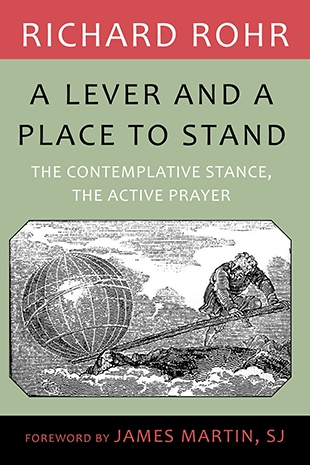Richard Rohr is a Franciscan priest and founder of the Center for Action and Contemplation in Albuquerque, New Mexico. A prolific writer and a busy speaker and conference leader, he is profiled as a Living Spiritual Teacher at Spirituality & Practice.
Rohr believes that being a good Christian entails surrender to God and putting others first — practices affirmed in many religious traditions. He is convinced that we must all struggle, as the early believers did, with the mysteries of life, death, freedom, grace, and injustice.
Rohr repeatedly discovers profound meanings in little things. That is why he is so effective as a writer and a retreat leader with an international audience. Those who know and cherish his visionary faith have been moved by his wide range of interests including men's spirituality, the Enneagram, community building, spiritual direction, eco-justice, and peace issues.
In this paperback, Rohr looks at some of the major challenges facing Christians in the twenty-first century. He alerts believers to the inner work which must be done as they "begin with a mystical moment and end in what looks like politics." This journey of melding contemplation and action takes seriously the art of living with paradox. Rohr sees religion as a transformational system that requires us to grow up spiritually. Grace is all-important:
"Without grace, almost everything human declines and devolves into smallness, hurt, and blame."
Relying on God's grace, Christians are called to get down to the basics of self-transformation and the repair of the world. Rohr outlines three levels of social ministry and heralds the role that can be played by elders in churches. He concludes the book with a probe of hope:
"Hope, it seems to me, is the fruit of a learned capacity to suffer wisely and generously. You come out much largerand that largeness becomes your hope. The ego needs success to thrive, the soul needs only meaning. The Gospel gives human suffering deep, personal, and cosmic meaning, by connecting our pain to the pain of others and, finally, by connecting us to the very 'pain of God' for the world. Any form of contemplation is a gradual free fall into such Fullness, or what I have been calling here the Unified Field. There is always a deep, satisfying, truly surprising, and yet certain hope."
